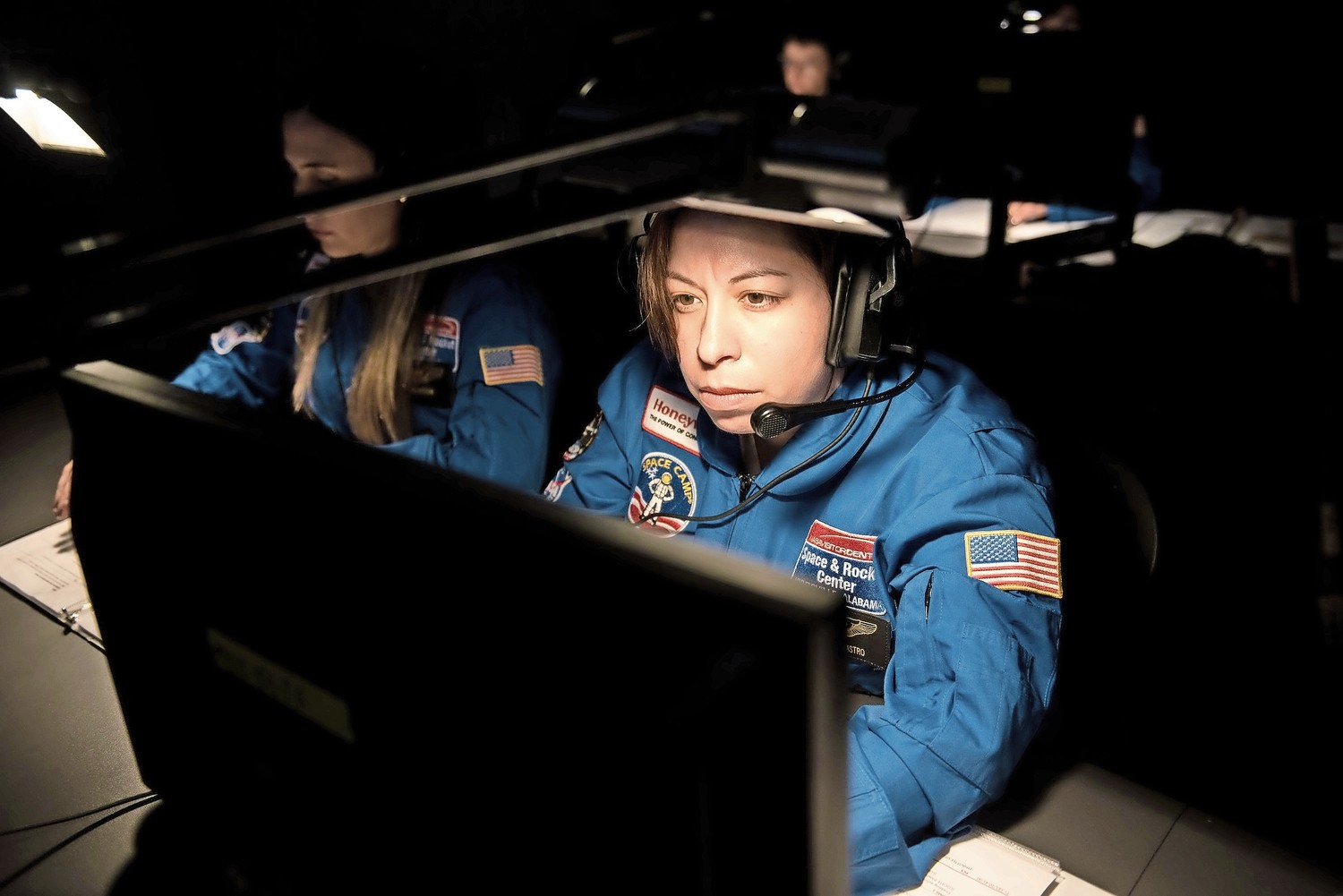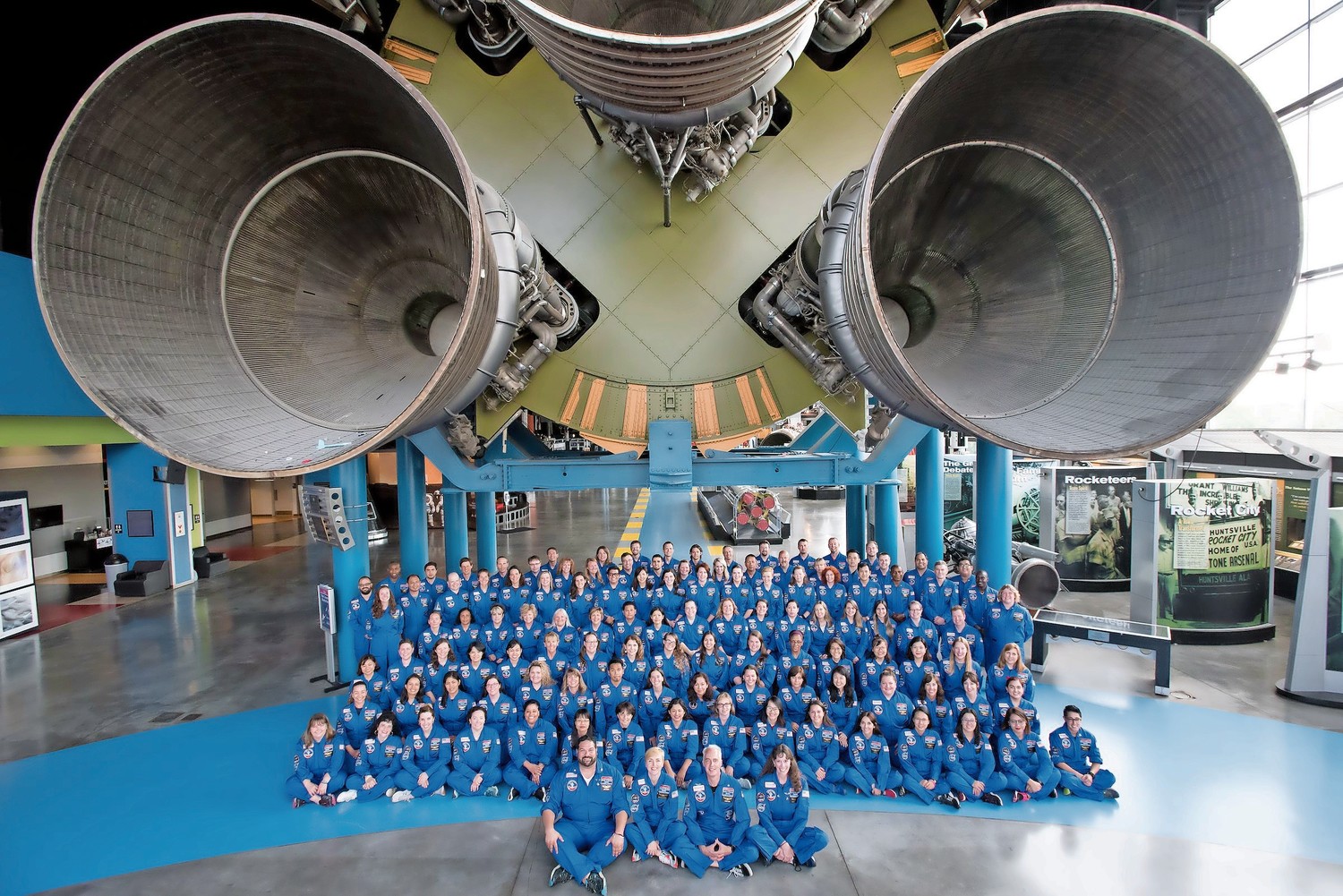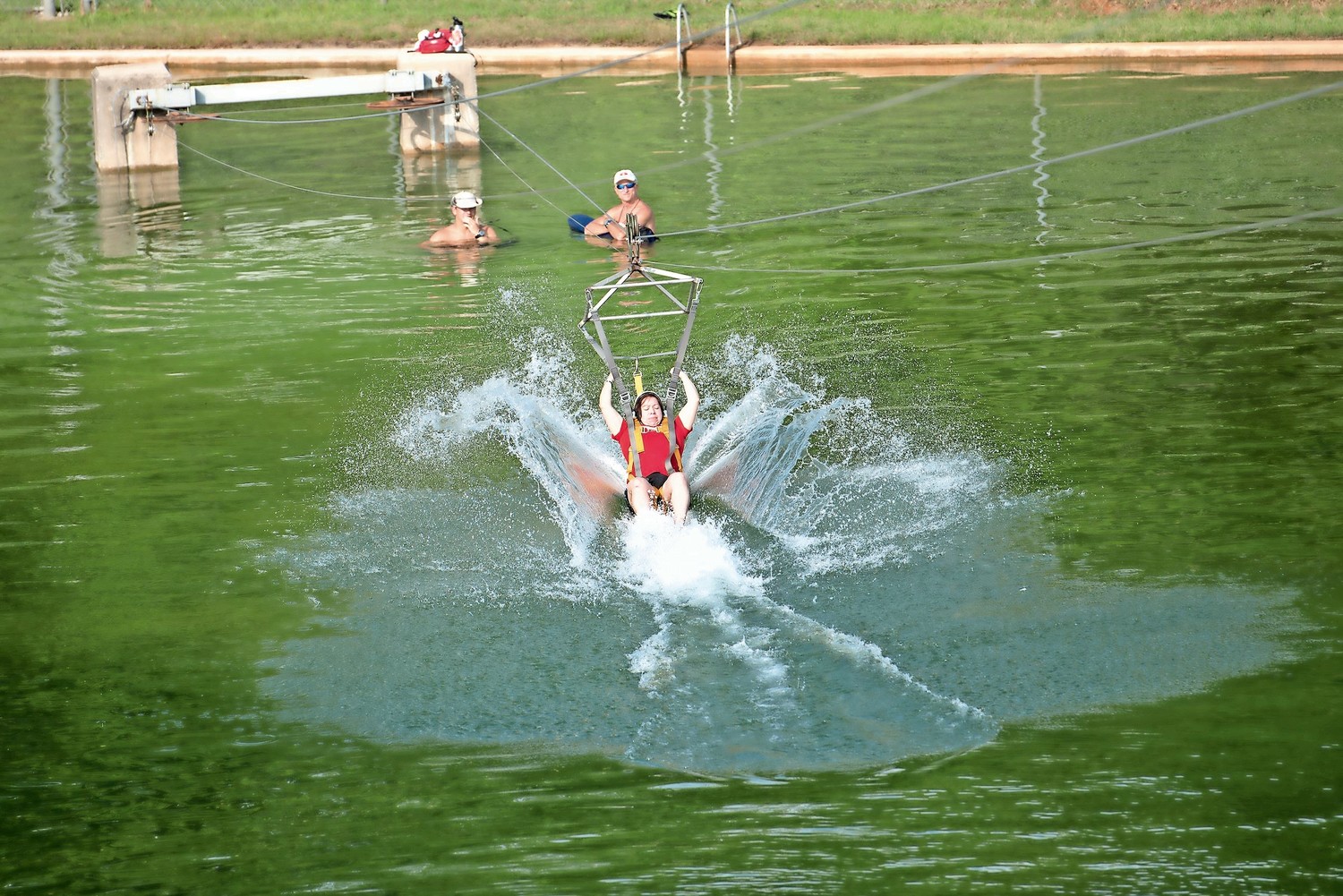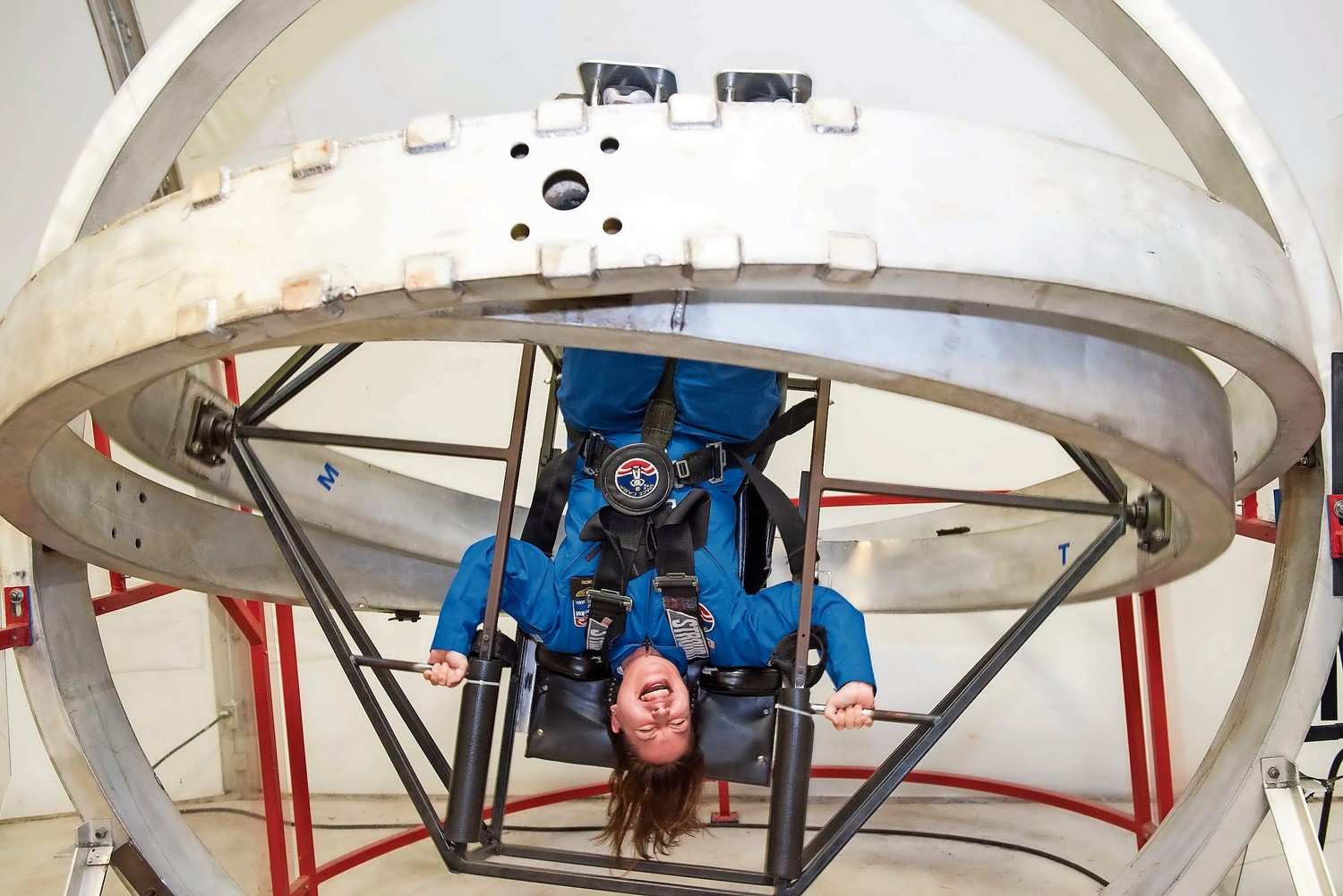Call this teacher a space cadet, and she’ll agree
Who said space camp was just for the kids?
The Honeywell Educators at Space Academy is designed for teachers like Carolina Castro from Riverdale/Kingsbridge Academy, and is attended by educators from all over the world. Navy blue flight suits, space exploration activities and robotics are only the tip of the iceberg at the U.S. Space and Rocket Center in Huntsville, Alabama, where just 224 teachers out of more than 2,000 applicants were chosen to participate.
“We shot rockets up in space, and I would love to do that in the Bronx,” said Castro, who teaches Earth science at RKA. “In some ways they encourage you, no matter what your background is, to explore so that you can use what you learn and bring it back to your students.”
The Space Academy program focuses on STEM — science, technology, engineering and mathematics — creating a pipeline system where students are prepped to become the world’s next scientists, engineers and mathematicians by well-trained instructors. Honeywell partnered with the rocket center to host the camp, creating a space program for middle school math and science teachers.
Teachers accepted into the program are flown out to Huntsville, provided both food and lodging at the University of Alabama.
At the camp, Castro met teachers from Brazil, Nigeria and even Poland. The program has had educators from more than 62 countries and 50 states.
“Aside from what you’re learning at the camp, you also get to learn from each other,” Castro said. “There was this Brazilian geologist like me, and she did pollution testing in urban water with her students. I was like, ‘I can do that too.’
“We were just feeding off one another, and I found that to be invaluable because everyone came there with enthusiasm. No one knew more or less, but just shared what they knew, and it was such a collaborative unit of educators.”
Before teachers are accepted into the program, a Honeywell evaluation team reviews them, assessing their math and science skills. During the five-day program in Huntsville, teachers become the students, participating in 45 hours of coding, science and space exploration labs and training.
The courses help the teachers not only learn something new, but take that knowledge back to their own classrooms so they can improve their science curriculum.
“This is a generation that will look through space exploration through an entirely different lens.” Castro said. “There’s this big opening in space exploration and learning, and we have to understand what it’s going to look like. I need to be on top of that.”
Castro not only wants to teach her students what she learned, but also help prepare them for whatever science-related profession they wish to pursue in the future. And there is a lot of opportunity — over the past decade, the need for STEM-based jobs have exploded. The U.S. Bureau of Labor Statistics predicts STEM-based jobs will grow to 9 million nationwide by 2022 — a more than 10 percent increase over a 10-year period.
U.S. Space Camp continues to bring young people to Alabama every year, boasting some 750,000 participants since 1982. And it’s something Castro hopes some of her RKA students can participate in one day.
“I did not even know (Space Academy) existed, but now that I do, I want to experience it with my students because it can help them get to where they want to be,” she said.
At the camp, Castro used devices that measure radiation levels on Mars as well as computers that teach programming through projects. Even after 15 years of teaching, Castro feels there’s always room to learn something new.
“I really have this energy to put robotics and engineering and problem-solving into what I’m going to be teaching this September,” Castro said. “My astronomy lesson is definitely getting a kick up.”













